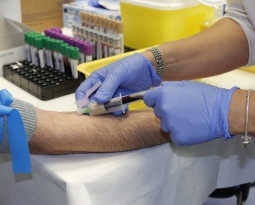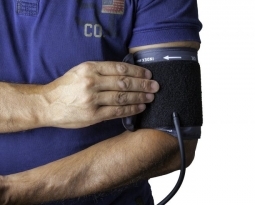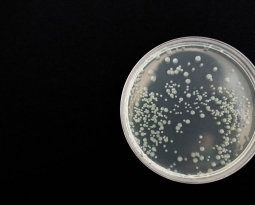Virginia Patent of the Month – May 2023
Lithium-ion batteries have become an integral part of our lives, powering everything from smartphones to electric vehicles. While these batteries offer high power and energy density, their production and end-of-life disposal present significant challenges. Li Industries is working to bring in a new age of battery recycling technology, offering a sustainable and cost-effective solution.
Li Industries has developed a method that transforms used batteries into a mixture of cathode materials, allowing for efficient recycling and reuse. The recycling process begins by processing the batteries into core sections, each consisting of an anode section, a cathode section, a separator section, and an electrolyte. These core sections are then immersed in a solvent, creating an ionic conductive medium. The solvent, along with the electrolyte, forms the basis for a mixture of cathode materials with a remarkably uniform distribution of active elements.
What sets Li Industries’ method apart is that it achieves this homogeneous mixture without the need for an electrochemical process. This innovation not only simplifies the recycling process but also reduces energy consumption and environmental impact. The resulting mixture of cathode materials can be further processed to extract and separate the cathode materials from the anode materials using various techniques such as density-based separation, hydrophobicity-based separation, or filtration separation based on particle size.
Li Industries’ method also addresses the issue of lithium deficiency in the cathode materials. The mixture contains lithium-deficient compounds, which can be re-lithiated to produce high-quality battery-grade cathode materials. This ensures that the recycled materials are suitable for reuse in new battery production, closing the loop in the battery life cycle and reducing the demand for new raw materials.
To facilitate the production of the cathode material mixture, Li Industries incorporates additional steps such as ultrasonic wave delivery, drying, heating, and even transferring the core sections to a second solvent. These techniques enhance the efficiency and effectiveness of the recycling process. Their approach not only addresses environmental concerns associated with battery disposal but also offers economic benefits by reducing the cost of manufacturing batteries through material reutilization.
With Li Industries’ invention, the recycling industry can embrace a more circular and environmentally friendly approach to lithium-ion batteries. By maximizing the reuse of valuable materials, we can reduce the reliance on raw resources and minimize the environmental footprint of battery production. Li Industries is leading the way in transforming the recycling landscape, contributing to a greener and more sustainable world.
Are you developing new technology for an existing application? Did you know your development work could be eligible for the R&D Tax Credit and you can receive up to 14% back on your expenses? Even if your development isn’t successful your work may still qualify for R&D credits (i.e. you don’t need to have a patent to qualify). To find out more, please contact a Swanson Reed R&D Specialist today or check out our free online eligibility test.
Who We Are:
Swanson Reed is one of the U.S.’ largest Specialist R&D tax advisory firms. We manage all facets of the R&D tax credit program, from claim preparation and audit compliance to claim disputes.
Swanson Reed regularly hosts free webinars and provides free IRS CE and CPE credits for CPAs. For more information please visit us at www.swansonreed.com/webinars or contact your usual Swanson Reed representative.

















